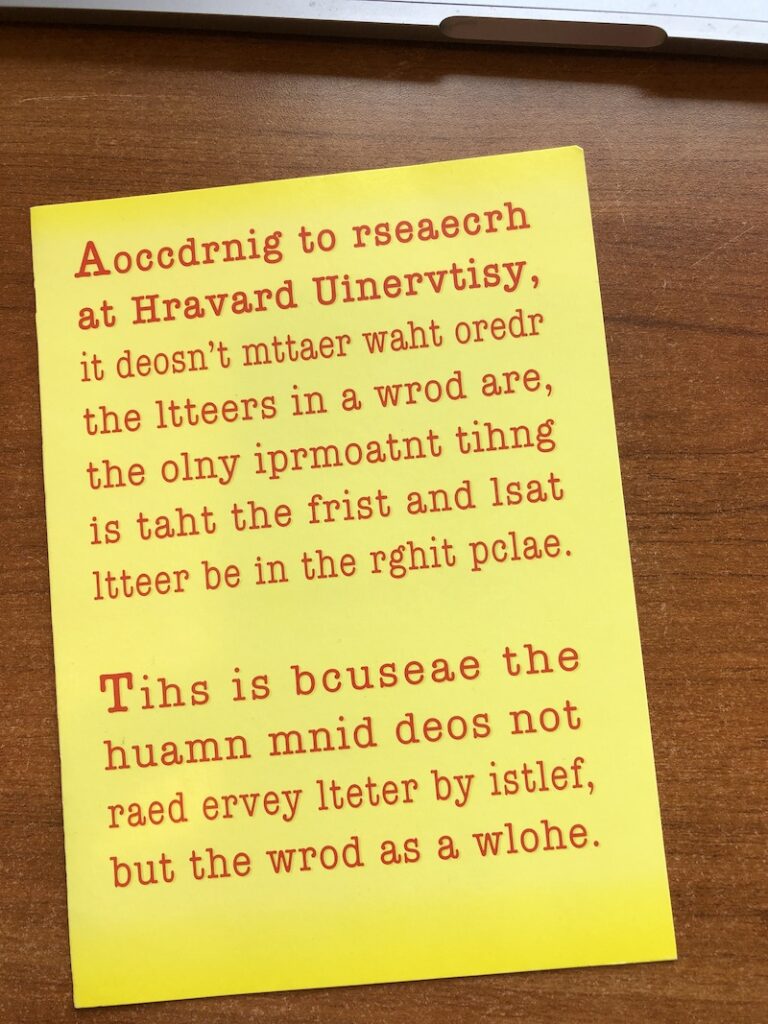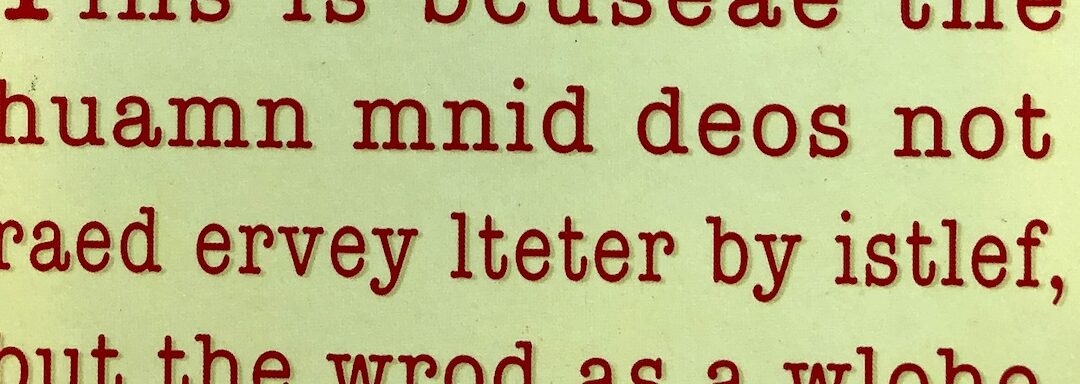I have a goal. It might sound morbid to you, this goal, but it is realistic. My goal? When I die, I don’t want any need for a garage sale. I am of an age that friends have parents who are dying, and those friends are stuck sorting through all kinds of what we’d call crap if we’re being honest.
I don’t want anyone to have to go through that on my account.
So, I am trying to slowly but surely make sure that I only live with things that can be recycled if not wanted (like books) or donated (like quality clothes, dishes and furniture) or held on to for sentimental reasons (like photo albums). And maybe some of my artwork will have value and can be sold.
Along with the more important task of trying to prevent my husband from turning our new garage into an expensive storage unit, that means digging out boxes that have been tucked away to go through them and toss things.
 That’s how I found an old birthday card* that provides the fodder for this blog post. You can see it in the image with most of the words spelled incorrectly. Or you can see the text below.
That’s how I found an old birthday card* that provides the fodder for this blog post. You can see it in the image with most of the words spelled incorrectly. Or you can see the text below.
Take a few seconds to read the text:
Aoccdrnig to a rscheearch at Hravard Uinervtisy, it deosn’t mttaer in waht oredr the ltteers in a wrod are, the olny iprmoetnt tihng is taht the frist and lsat ltteer be at the rghit pclae.
Tihs is bcuseae the huamn mnid deos not raed ervey lteter by istlef, but the wrod as a wlohe.
(Waiting for a few seconds…)
Did you have any issues reading it? None at all, right? Isn’t that amazing that out of 52 words, 30 are misspelled yet we can read this with ease?
As the message says, we can read the words because the first and last letters of the misspelled words are in the right place.
Is this lesson for writing at work that spelling doesn’t matter, or that proofreading doesn’t matter?
To be frank, doesn’t this birthday card negate everything I preach about slowing down when writing at work?!
In a word, no! In three words, not at all!
Because the truth is, sloppy writing is not communicating no matter how easily we can read it.
…sloppy writing is not communicating no matter how easily we can read it.
Why do I say that? Because sloppy writing is a sign of sloppy thinking…or no thinking at all.
But there’s more: There’s also the credibility issue. If I dash off an email or document without rereading it or at least proofreading it, and you get content with errors and lack of clarity, I lose respect or credibility or whatever you want to call it.
Plus I am telling you that my time is more important than your time, so much more important that I can’t be bothered to doublecheck my writing to make sure it’s easy to understand and free of errors. But I have no problem with you spending extra time trying to figure out what I am supposed to be saying.
When Workplace Writing Is Rude
Honestly? It’s rude. It’s the written version of speaking without thinking, like that friend who lacks a filter and hurts our feelings with their spontaneous verbal outbursts. And all of us who have worked in the service industry know how it feels to be talked down to by some self-important person in a hurry.
We get away with rude in written communication because we have a barrier. We aren’t face-to-face and verbally communicating in such a careless way. If we were, the other person’s reaction would tell us our style of communicating was not okay. (Well, except for that friend without a filter; they never learn.) But with the written word? We don’t see that reaction and we get to pretend that our rude writing at work is just fine.
We get away with rude in written communication because we have a barrier.
You Dsevree Btteer
So yes, you can raed my wirtnig bcuseae the frist and lsat ltteers are in the rghit pclae. But don’t you deserve better? Yes.
We all deserve better. We all deserve to read workplace writing that is thought out, clear and error-free. And when we do, we save time, we improve teamwork, we get the job done faster, and we show respect to those we work with and for.
Choose respectful writing at work. Slow down. Write well. And remember the four Rs: re-read, remove, replace, rewrite.
*P.S. Why on earth was this a birthday card, you ask? Well, it was a perfect birthday card for a writer! On the inside, it says “Or, it cuold be bcuseae too mcuh parytnig has totlaly msesed up yuor mnid. Hppay Brthiady!”

